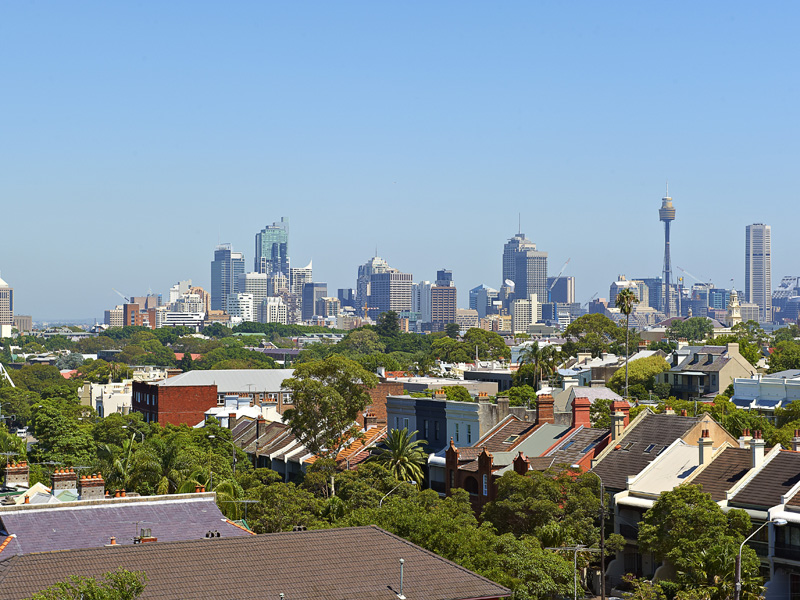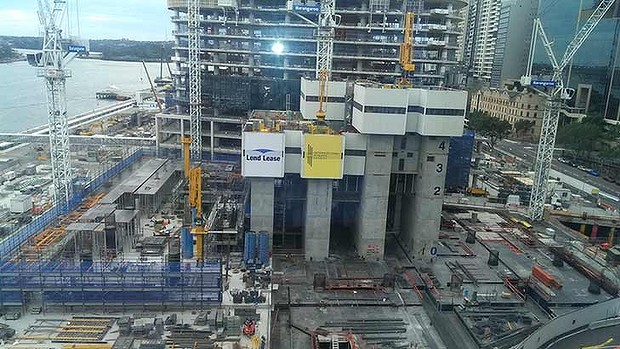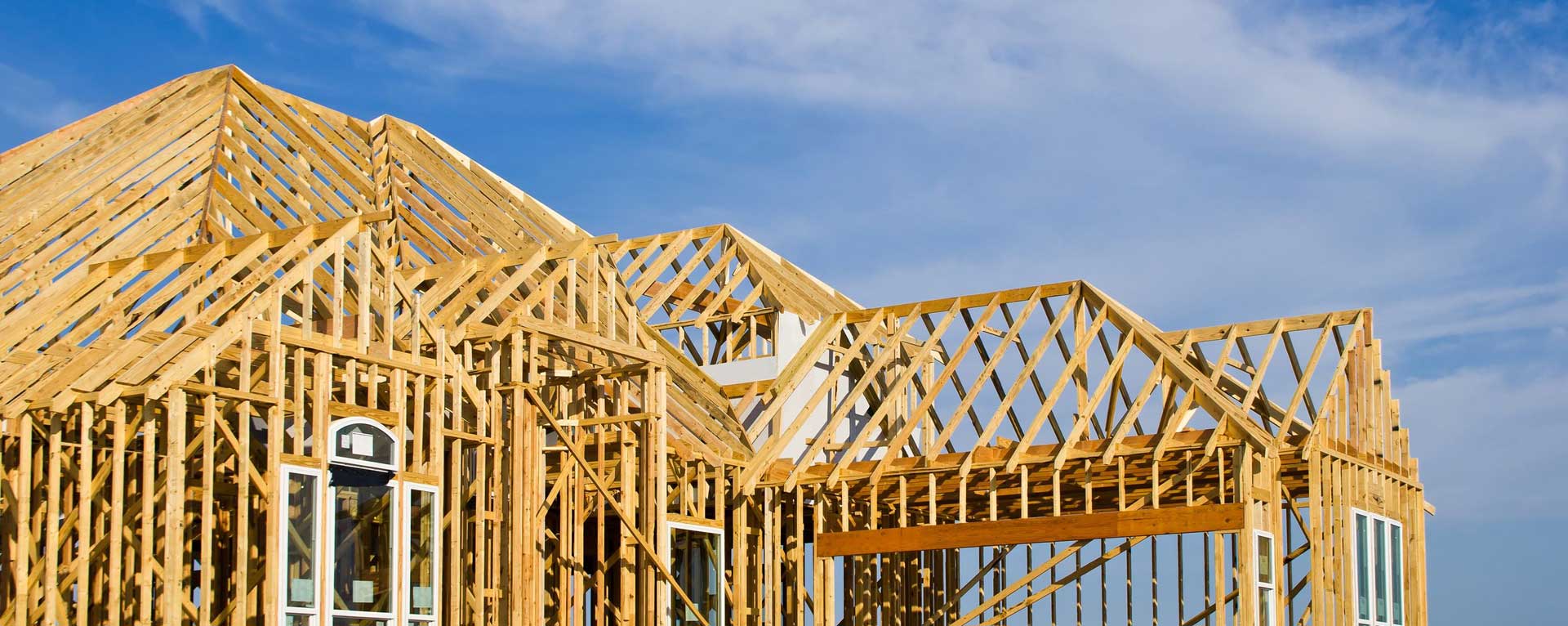By Tom McGregor, CCTV.com commentator and editor
Editor's Note: CCTV.com Panview was invited to Sydney, Australia; Aug. 8-10, by Australian-based property developer Crown Group. Panview commentator and editor, Tom McGregor visited scenic spots and met local officials, reporters and business people to get a better understanding on how China-Australia relations have created win-win scenarios for both nations.
In recent years, the Australian media and government officials have expressed alarm over skyrocketing housing prices in Sydney, while local median household incomes struggle to keep pace.

Aerial view of dowtown Sydney
Ordinary Australian families are getting priced out of the market. The Sydney Morning Herald, published a report on Jan. 24, 2016 saying, "only Hong Kong has higher housing costs."
Reportedly, "the typical Sydney house costs more than $1 million, a whopping 12.2 times what the middle-income household in the city earns in a year."
The figures are startling when compared with a similar-sized American city - Houston, Texas, According to Zillow Home Value Index as of July 2017, the Houston's median home price was approximately US$320,000.
Some critics have blamed wealthy Chinese for buying up Australian homes and for igniting higher property prices in Sydney, but the blame may lie elsewhere.
Pump up supply
Australian law makes it nearly impossible for foreign buyers to push home prices too high. Canberra has imposed a 70-30 quota system that forbids a real estate developer and agents to sell more than 30 percent of their homes and condominiums to non-citizens.
Consequently, the local community has sparked the surge of home prices, while foreigners have mainly purchased luxury homes and condos, which are already expensive.
CCTV.com Panview had taken a Sydney tour and visited its Western suburbs and noticed that little construction was underway with the exception of roads and railways construction.
Only a few hi-rise buildings were getting built and just a few construction cranes could be observed in Sydney's Central Business District (CBD).

Construction of hi-rise building in Sydney's Central Business District.
The Chinese megacities - Beijing, Shanghai and Shenzhen - appear in stark contrast to Sydney, since numerous construction projects are providing more substantial housing supply for Chinese citizens and expats.
Meanwhile, CCTV.com Panview visited Houston last March and saw plenty of construction there too. Well, the law of supply and demand remains an effective approach to keep property prices stable.
Rebuilding shopping centers
Another economic challenge facing Sydney revolves around consumption. Recent figures indicate Australia's economy is showing sluggish GDP growth rates - 1.6 percent, which have impacted retail sales.
Online retail giants - China-based Alibaba and US-based Amazon - have enjoyed remarkable success shifting Australian customers towards the internet for shopping. But bricks and mortars stores are suffering from the trend.
Yet Australia-based property developer Crown Group, has recently bought out a shopping centre located six kilometers south of Sydney and despite a declining retail market, plans are underway to renovate it into a multi-use complex.
The shops, around 50, will stay, but they intend to construct 20 stories of residential apartments above it. Additionally, one could see the burgeoning popularity of outdoor cafes and restaurants in the area.
Sydney experiences balmy weather even in winter time, making it enjoyable for young people to gather at cafes to meet up for chats.
The Group will do its best to keep shops and cafes open to maintain the surrounding neighborhoods family-oriented and friendly atmosphere, while selling apartments for the local community a few years later.
Surging electricity prices
During Panview's Sydney tour, local newspapers were filled with horror stories about the upcoming rise of utility bills. The top Australian power companies are scheduled to halt steep discounts for many households.
Homeowners and those renting apartments could pay as much as US$1,400 per month in electricity bills, which is roughly the same median price a person from Houston would pay in monthly rent for an apartment.
The costs are exorbitant for lower and middle-income Australian families. Power companies insist they must charge higher costs due to low energy supply.
The solution would be to construct more power plants, but stringent environmental regulations have halted projects. Australians must contend with higher electric bills while nationwide power supply is dwindling.
Nevertheless, many Chinese companies have focused on green technologies to provide more efficient and cheaper renewable energy for consumers worldwide.
Chinese green technology companies can export their products and expertise to Australia so they not only cash in on opportunities, but offer crucial solutions to reduce soaring electricity prices for Australian households.
Solutions-based performance
Not all hope is lost for lower and middle income Australians who fear they can no longer afford to purchase a home.
There's plenty of room for expansion in Sydney's western suburbs to build new homes. Nevertheless, high property and income tax rates, along with stiff governmental regulations have hampered firms from launching new construction projects.

House under construction in Sydney
But if Canberra pursues a more supply-side approach that cuts taxes, regulations and welcomes more construction permits, then Sydney can avoid its housing crunch and provide more affordable homes for its citizens.
(The opinions expressed here do not necessarily reflect the opinions of Panview or CCTV.com. )

Panview offers a new window of understanding the world as well as China through the views, opinions, and analysis of experts. We also welcome outside submissions, so feel free to send in your own editorials to "globalopinion@vip.cntv.cn" for consideration.
















